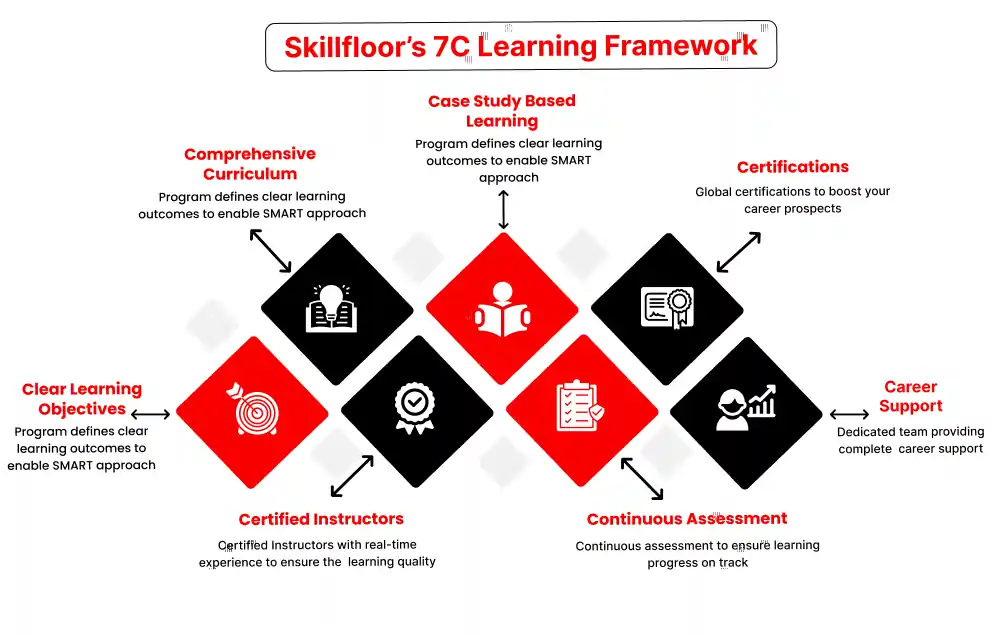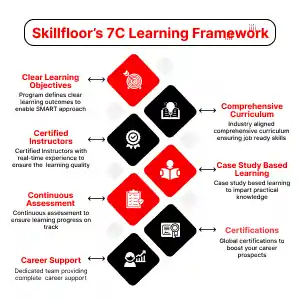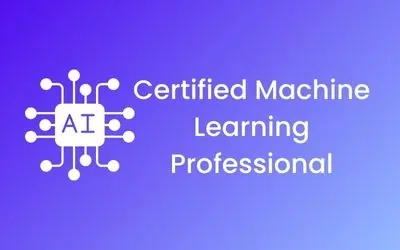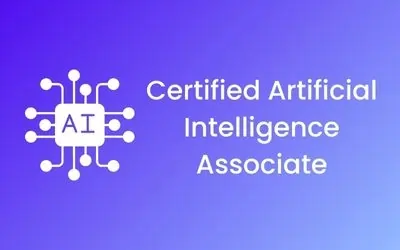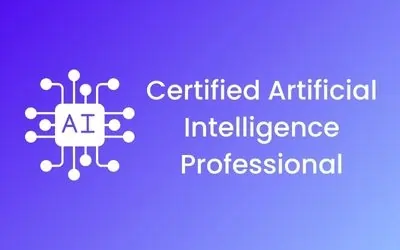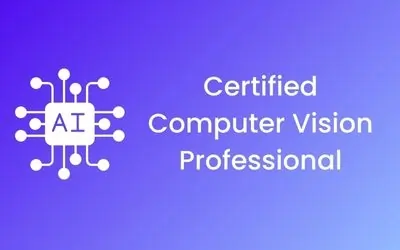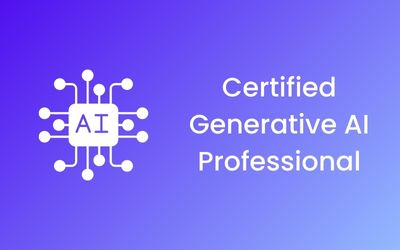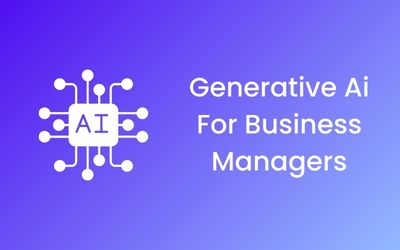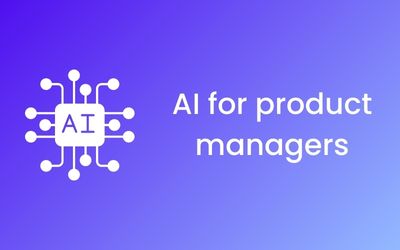advanced artificial intelligence course
SKF-AI
-

-
(2135 Reviews)
- Career: Discover the many exciting jobs available in AI, like AI engineer and data scientist. AI is changing industries everywhere, offering great careers where you can be part of innovation.
- Skills: Acquire essential skills demanded by the AI industry, including machine learning, deep learning, natural language processing, and data analytics. Hone your abilities to solve complex problems.
- Internship: Secure valuable hands-on experience through internships with leading AI companies and research institutions. Gain insights into practical applications of AI.
